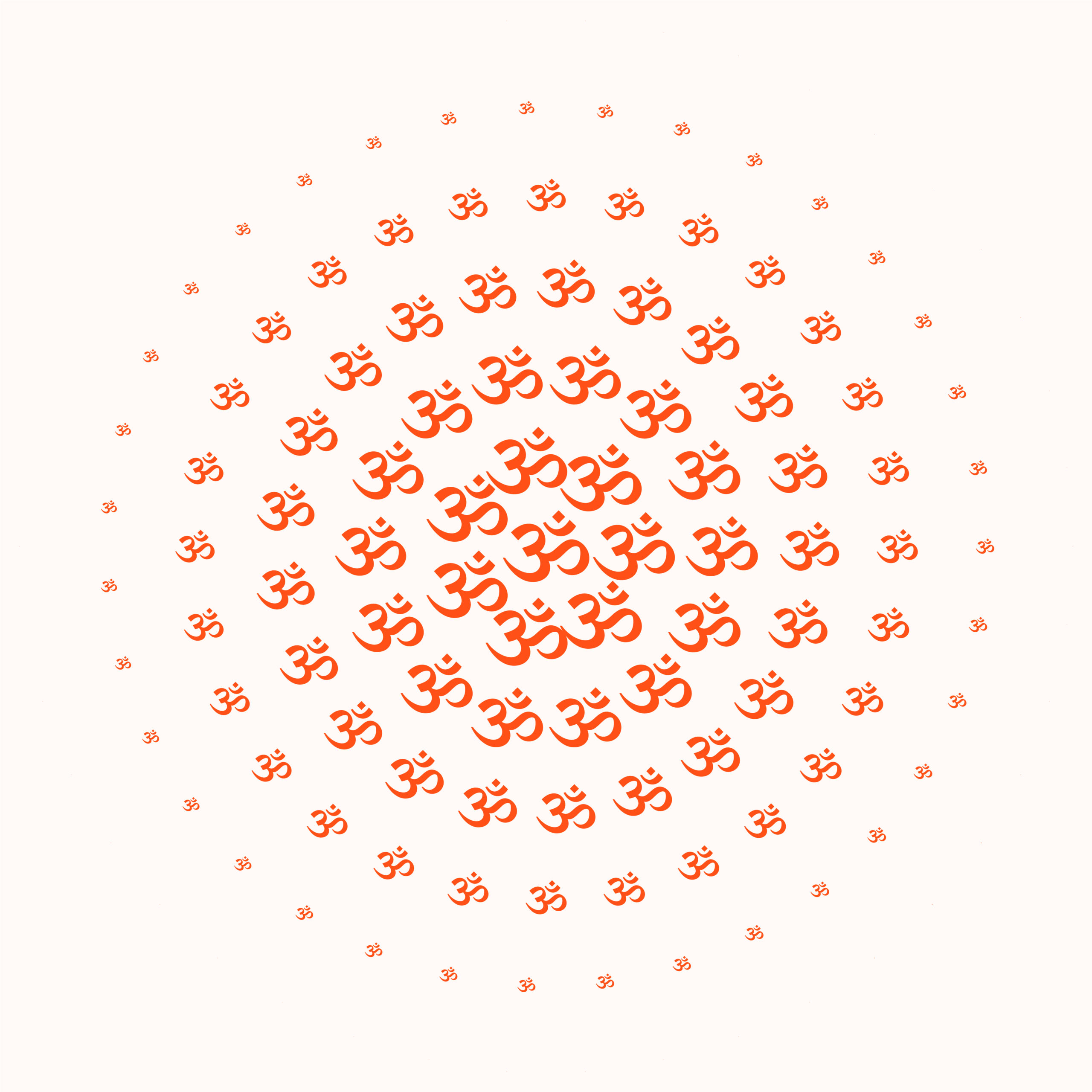The Vedas, ancient scriptures originating from the Indian subcontinent, encompass a profound and expansive body of knowledge that traverses the realms of philosophy, spirituality, and metaphysics. These sacred texts, regarded as the foundation of Hindu philosophy, offer a vast landscape of contemplation that beckons us to embark upon a transformative intellectual and spiritual journey.
Dating back thousands of years, the Vedas serve as a testament to the human quest for understanding the mysteries of existence. Composed in Sanskrit, the language of ancient India, they are not confined to religious doctrine but instead encompass a holistic and all-encompassing worldview. The Vedas illuminate the timeless questions that have captivated human thought since the dawn of consciousness: Who are we? What is the nature of reality? What is our purpose in this vast cosmos?
At the heart of the Vedas lies a poetic and metaphysical exploration of the universe and the Self. They are divided into four principal texts: the Rigveda, the Yajurveda, the Samaveda, and the Atharvaveda. Each Veda encompasses a multitude of hymns, rituals, chants, and philosophical treatises that collectively encompass a comprehensive understanding of the human experience.
The Rigveda, the oldest and most revered Veda, consists primarily of hymns composed in honor of various deities. These hymns, known as mantras, employ rich symbolism and vivid imagery to offer glimpses into the multifaceted aspects of divinity. Yet, beneath the surface of this poetic tapestry lies a deeper exploration of metaphysics and cosmology. The Rigveda contemplates the origin of the universe, the interplay of cosmic forces, and the inherent interconnectedness of all existence.
The Yajurveda, on the other hand, delves into the practical and ritualistic aspects of Vedic practice. It provides detailed instructions for conducting religious ceremonies and sacrifices, emphasizing the intricate relationship between the individual, society, and the divine. Beyond the rituals themselves, the Yajurveda invites introspection into the ethical and moral dimensions of human existence, emphasizing the importance of virtuous action and righteous living.
The Samaveda, often regarded as the Veda of melodies, comprises a collection of musical hymns. These hymns are recited or chanted during religious ceremonies, serving as a medium for spiritual communion and transcendence. The Samaveda explores the profound power of sound and its ability to connect human consciousness with the divine realm. It delves into the intricate nuances of intonation and rhythm, offering a glimpse into the transformative potential of music and the spoken word.
Lastly, the Atharvaveda offers a distinctive departure from the other Vedas by encompassing a wider range of subjects. It delves into practical knowledge, including medicine, healing, and everyday rituals. This Veda provides insights into the human condition, addressing aspects such as health, wealth, family, and societal harmony. Through its teachings, the Atharvaveda emphasizes the integration of the sacred and the secular, recognizing the inherent spirituality within all aspects of life.
Collectively, the Vedas weave together a comprehensive tapestry of philosophical thought. They explore the fundamental questions of existence, the nature of reality, and the human condition. In doing so, the Vedas present a multidimensional approach to understanding the nature of truth and the path to liberation.
One of the central concepts elucidated in the Vedas is the notion of Brahman, the ultimate reality that underlies and permeates all of creation. Brahman is described as the cosmic essence, the underlying substratum from which all phenomena manifest. It is an immanent and transcendent force, simultaneously embodying the universe and surpassing it. The Vedas emphasize that the realization of Brahman is the highest goal of human life, leading to liberation and spiritual enlightenment.
Furthermore, the Vedas expound upon the concept of Atman, the individual self or soul. Atman is believed to be eternally connected to Brahman, representing a microcosmic reflection of the divine. Through introspection and self-realization, one can attain an experiential understanding of this profound connection, transcending the limitations of individuality and merging with the cosmic whole.
The Vedas also delve into the intricate relationship between karma, action, and the cycles of birth and rebirth. They posit that every action, whether physical, mental, or spiritual, carries consequences that shape one’s destiny. This cosmic law of cause and effect, known as the law of karma, binds individuals to the perpetual cycle of samsara, the cycle of birth, death, and rebirth. The Vedas offer guidance on how to navigate this karmic framework, emphasizing the importance of ethical conduct, self-discipline, and the pursuit of spiritual knowledge.
In addition to metaphysical exploration, the Vedas provide profound insights into the nature of knowledge itself. They advocate for a holistic and experiential approach to learning, where intellectual understanding is integrated with direct realization. The texts encourage seekers to go beyond mere intellectual speculation and engage in practices that cultivate direct experience and spiritual awakening.
The teachings of the Vedas are not confined to a specific time or cultural context but possess a universal relevance that transcends boundaries. They address the fundamental human longing for meaning, purpose, and transcendence, reminding us of our innate connection to the vast cosmic tapestry.
In conclusion, the Vedas stand as towering pillars of philosophical and spiritual wisdom, inviting us to embark upon a transformative journey of self-discovery and intellectual exploration. Through their profound metaphysics, ethical principles, and poetic expression, the Vedas provide profound insights into the nature of reality, the purpose of life, and the path to spiritual liberation. They offer a holistic framework that transcends cultural boundaries and speaks to the universal quest for truth and enlightenment. By engaging with the Vedas, we embrace the timeless pursuit of wisdom and embark upon a profound philosophical odyssey that resonates with the deepest yearnings of the human spirit.
